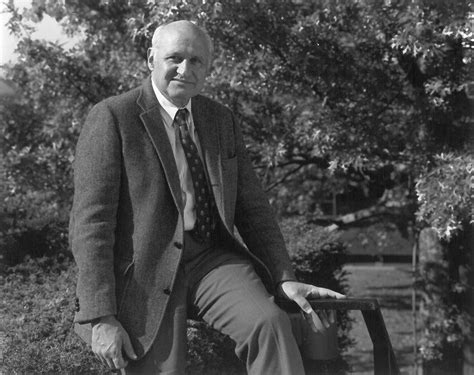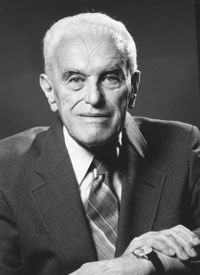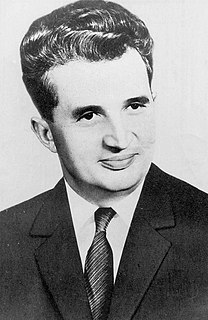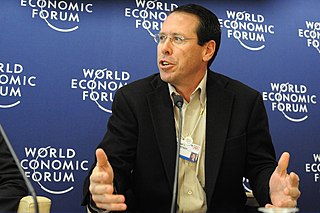A Quote by Martin Shubik
There is a history of mathematical models of oligopolistic competition dating from Cournot to the theory of games. There is also a literature generated by institutional economists, lawyers, and administrators interested in formulating and implementing public policy. It has been the tendency of these groups to work almost as though the other did not exist.
Related Quotes
If the system exhibits a structure which can be represented by a mathematical equivalent, called a mathematical model, and if the objective can be also so quantified, then some computational method may be evolved for choosing the best schedule of actions among alternatives. Such use of mathematical models is termed mathematical programming.
The ethical practices of lawyers are probably no worse than those of other professions. Lawyers bring some of the trouble on by claiming in a sanctimonious way that they are interested only in justice, not power or wealth. They also suffer guilt by association. Their clients are often people in trouble. Saints need no lawyers: gangsters do.
One might think this means that imaginary numbers are just a mathematical game having nothing to do with the real world. From the viewpoint of positivist philosophy, however, one cannot determine what is real. All one can do is find which mathematical models describe the universe we live in. It turns out that a mathematical model involving imaginary time predicts not only effects we have already observed but also effects we have not been able to measure yet nevertheless believe in for other reasons. So what is real and what is imaginary? Is the distinction just in our minds?
The bad economist sees only what immediately strikes the eye; the good economist also looks beyond. The bad economist sees only the direct consequences of a proposed course; the good economist looks also at the longer and indirect consequences. The bad economists sees only what the effect of a given policy has been or will be on one particular group; the good economist inquires also what the effect of the policy will be on all groups
Gay people exist. There's nothing we can do in public policy that makes more of us exist, or less of us exist. And you guys have been arguing for a generation that public policy ought to essentially demean gay people as a way of expressing disapproval of the fact that we exist, but you don't make any less of us exist. You just are arguing in favor of more discrimination, and more discrimination doesn't make straight people's lives any better.
String theory has had a long and wonderful history. It originated as a technique to try to understand the strong force. It was a calculational mechanism, a way of approaching a mathematical problem that was too difficult, and it was a promising way, but it was only a technique. It was a mathematical technique rather than a theory in itself.



































